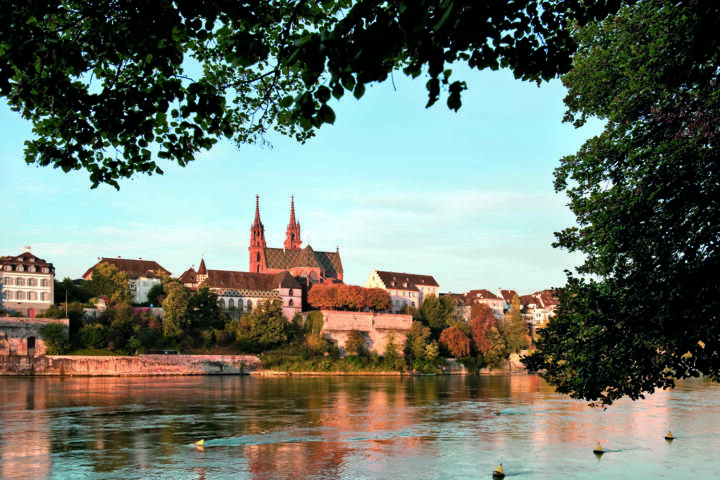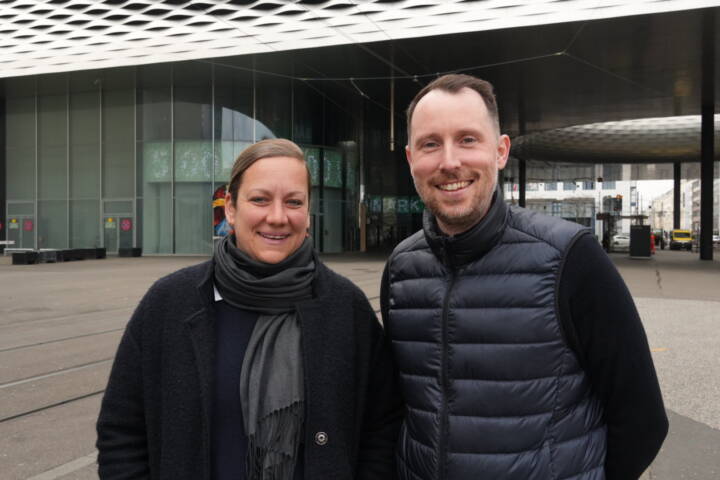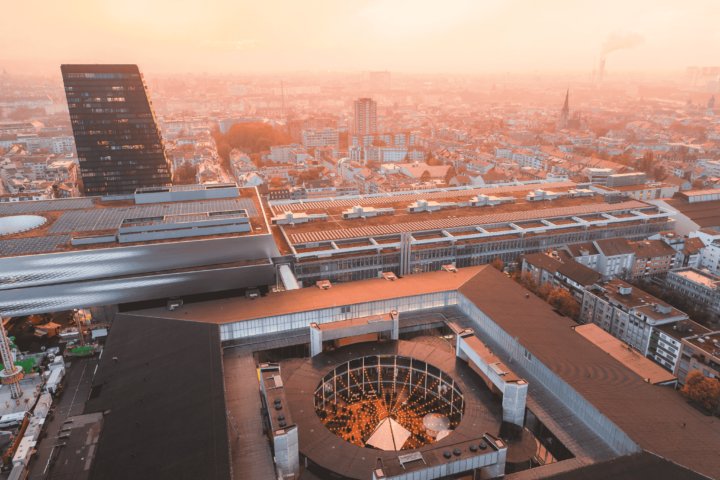We were able to welcome three high-profile major congresses to our premises on Exhibition Square this year – the European Stroke Organisation Conference (ESOC), the International Association for Health Professions Education (AMEE) and the annual conference of the German Society for Hematology and Medical Oncology (DGHO). International experts used the facilities at Messe and Congress Center Basel to exchange knowledge, present pioneering trends and innovations and network within their industry. These major congresses brought nearly 14,000 participants, exhibitors and organisers to Basel. The events had a reach that extended far beyond the region. We spoke with Stefan Bonsels, Head Convention Bureau Basel, about the way in which Basel benefits from hosting congresses of this type.

Stefan, could you start by describing what a Convention Bureau does and why Convention Bureaus play such an important role for major events?
The Convention Bureau, which, by the way, is a department of Basel Tourism, positions our city as a meeting and congress location. Together with our partners – who include not only Messe und Congress Center Basel but also the hotel and restaurant trades and conference organising agencies – we bid to host conferences and company meetings and bring them to Basel. The Basel Convention Bureau comprises a team of five and focuses on conferences in the life sciences and medical sectors as well as the IT and computer industry. Conferences in the field of sustainability are also taking on increasing importance.
In the case of major events, the Convention Bureau serves as the interface between the organiser and various local stakeholders. Acting as a one-stop shop, we put the organiser in contact with all the relevant offices and services. This not only includes the venue for the conference but also takes in locations for congress dinners and parties as well as key government and administrative offices. Basel Tourism is also a competent partner when it comes to accommodation in all the difference price categories and for organisers who wish to have an attractive supporting programme with city tours and day trips.
The three major congresses were particularly important for the city. Can you explain how the city of Basel has benefitted from them?
The most obvious benefit for the city is the added value in terms of tourism – through the sales generated in the hotel, restaurant and retail sectors. In addition, every guest is an ambassador who conveys their experience to the outside world or comes back to Basel themselves. There is also another benefit, however, which is why the Convention Bureau maintains close contact with the location promotion teams of the Canton of Basel-City and the Universities. The congresses highlight Basel as a research, business and science location. Potential investors are made aware of Basel and foreign scientists recognise the excellent conditions for their research projects.
When it comes to the legacy of events of this type – what lasting impact do they have on the city of Basel? Do you have a specific example of what a congress can help promote?
Apart from the benefit already mentioned, many congresses generate added value for society as a whole. At the European Stroke Organisation Conference, for example, a public panel discussion with doctors, experts and stroke survivors centred around the need for a strong patient organisation for stroke victims and their families in Switzerland. (Note: No such organisation exists in Switzerland as yet.) The conference in Basel thus constituted the starting point for this socially relevant initiative.
What was your personal highlight?
You could see lots of congress guests strolling through the city with their congress badges on, setting out to discover Basel’s tourist attractions. I’m sure that we have acquired fans for our city through these congresses who will then come back as leisure guests.



